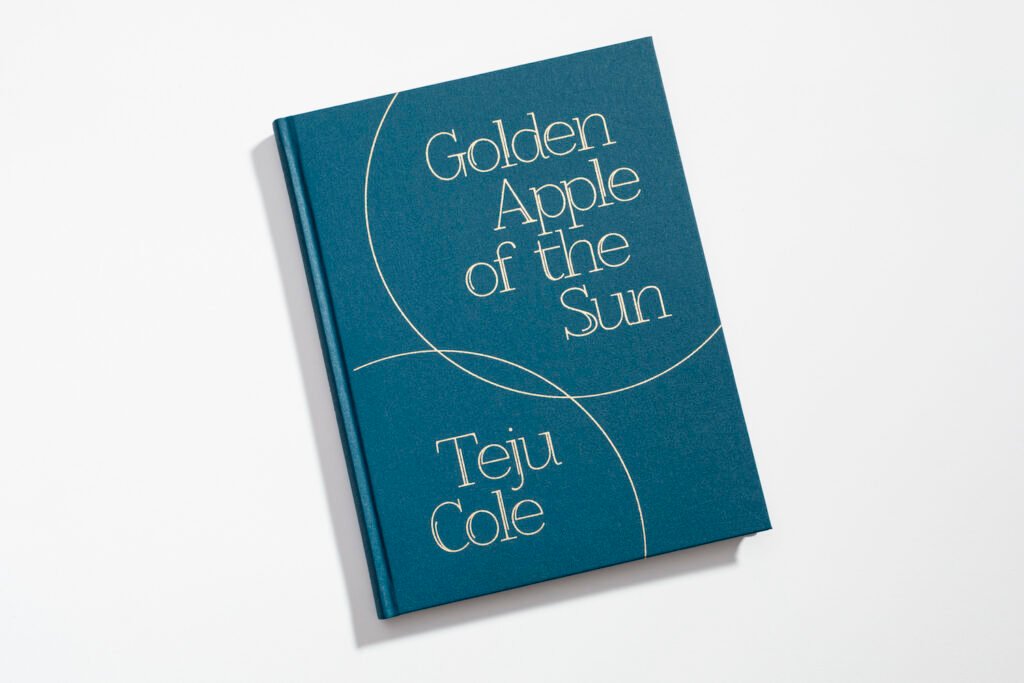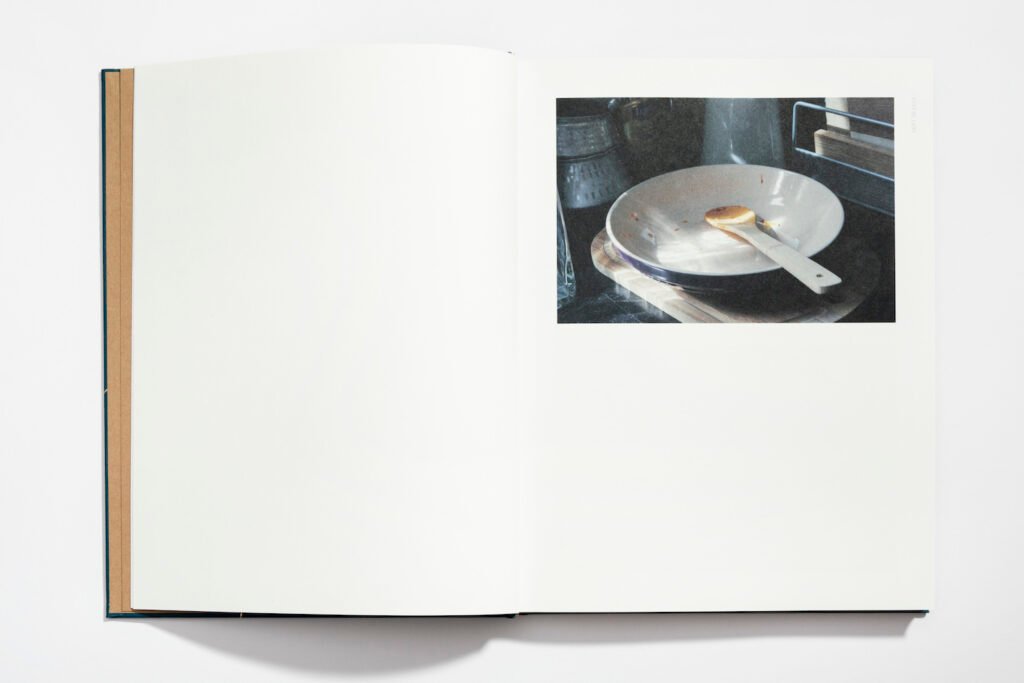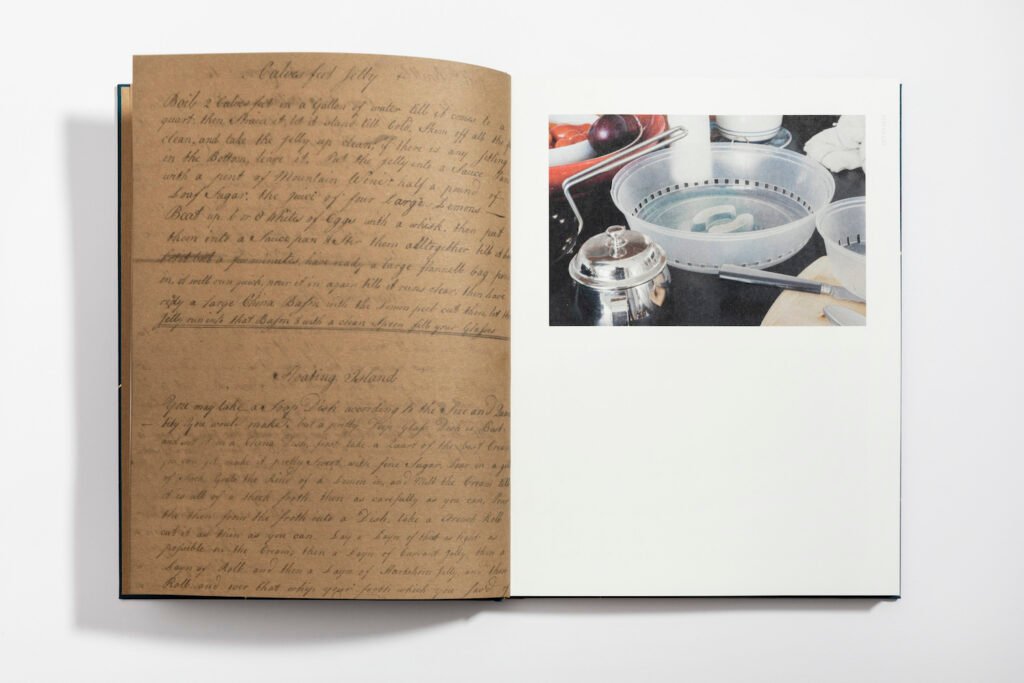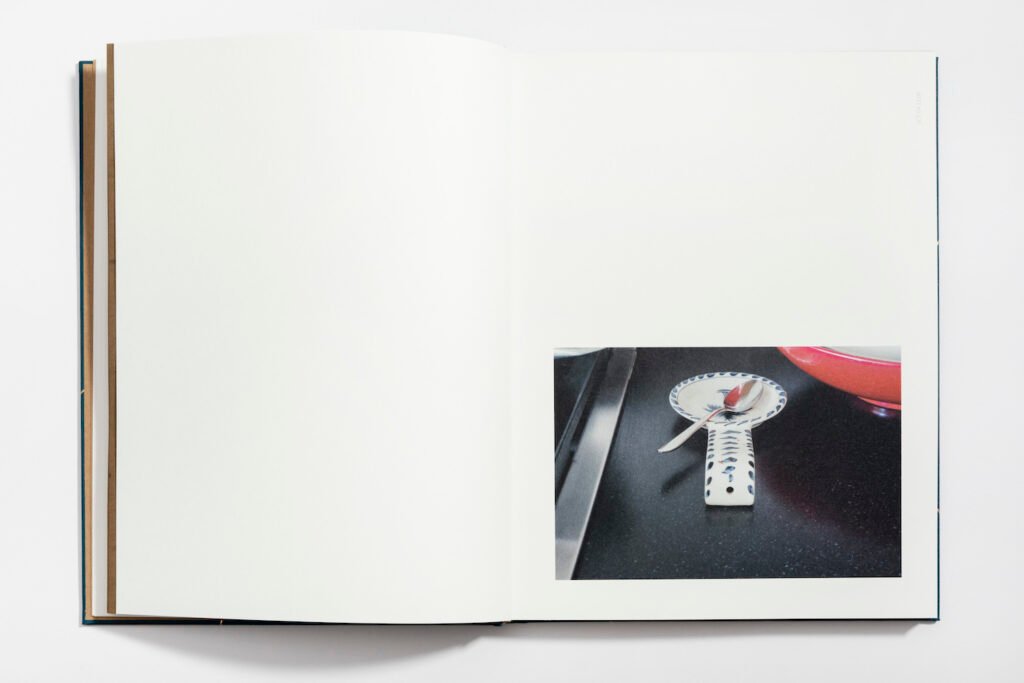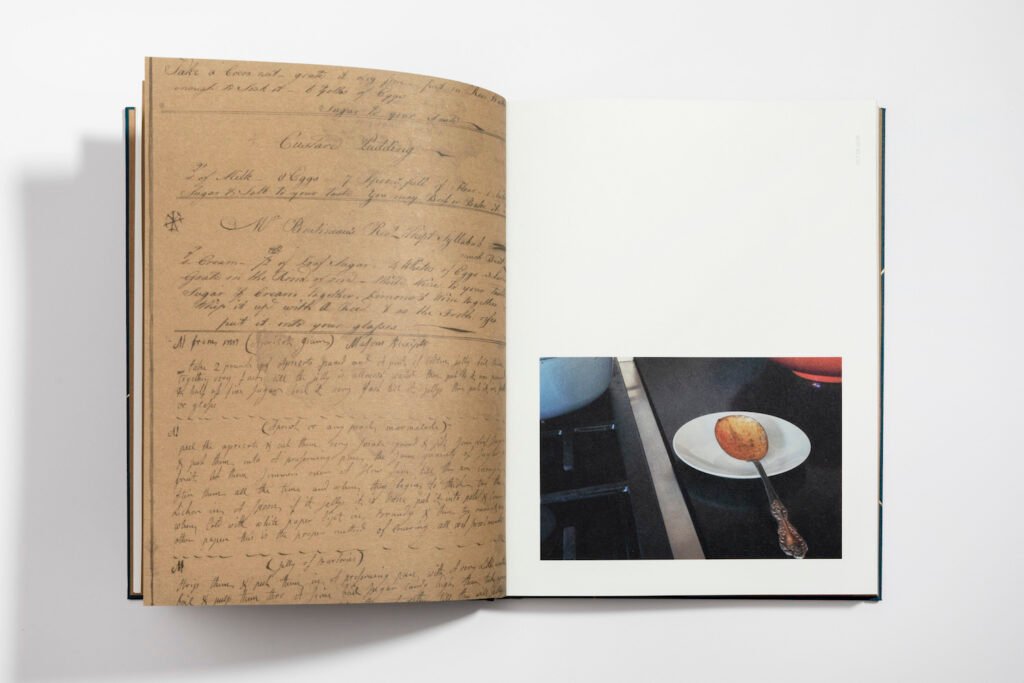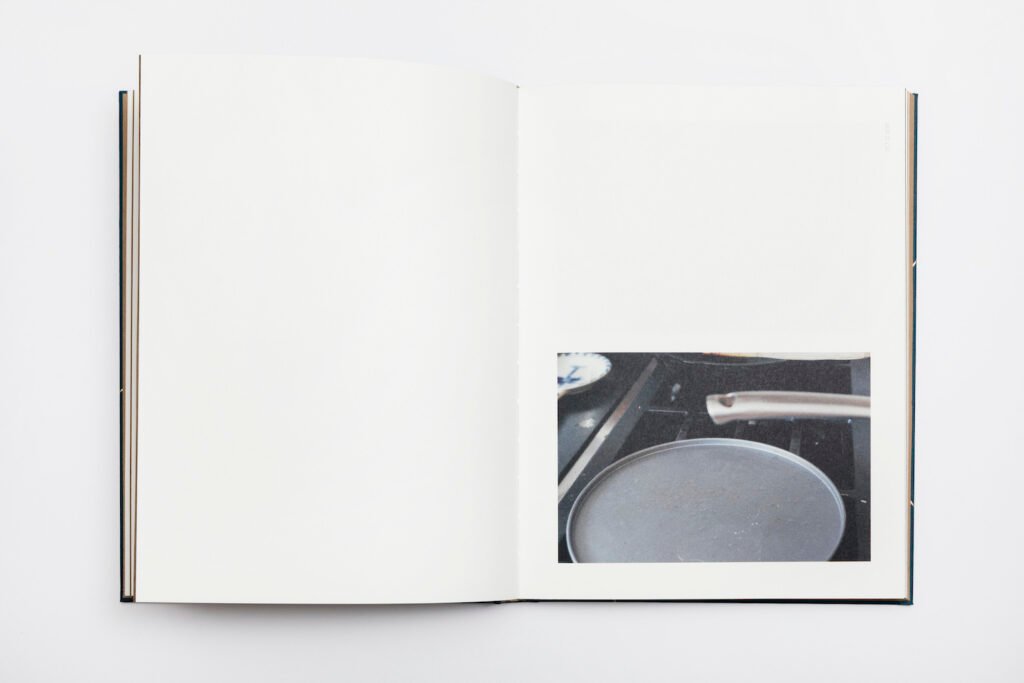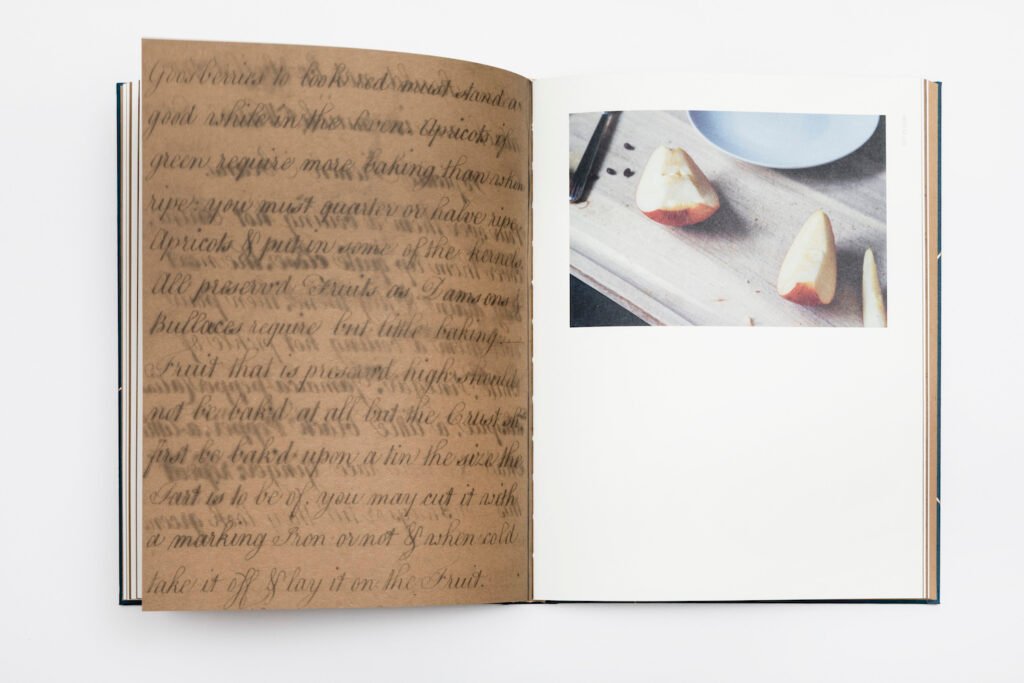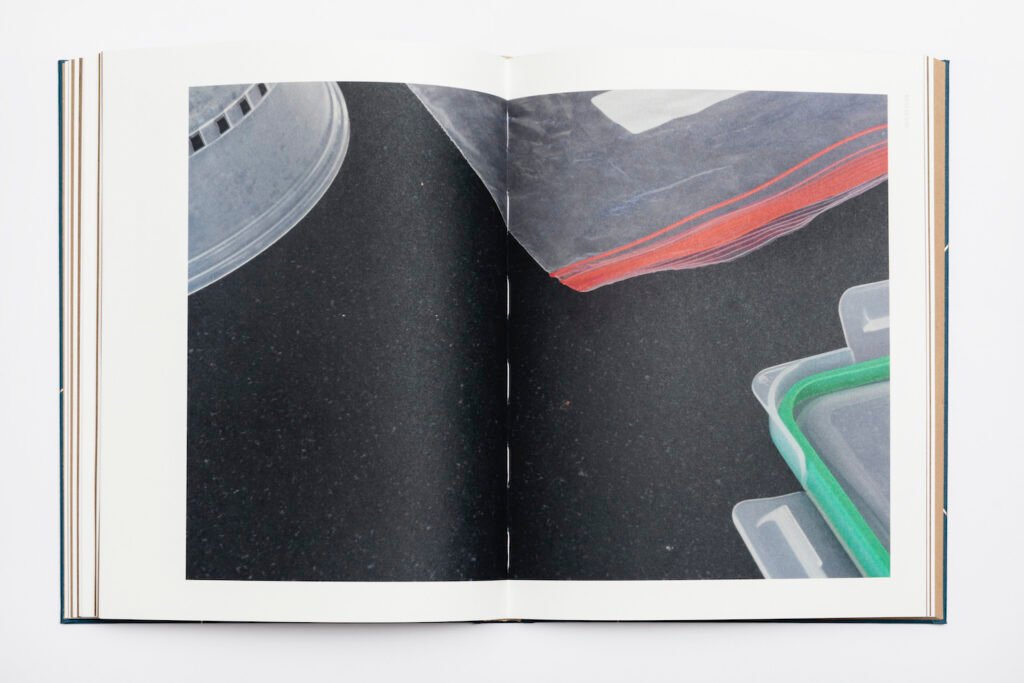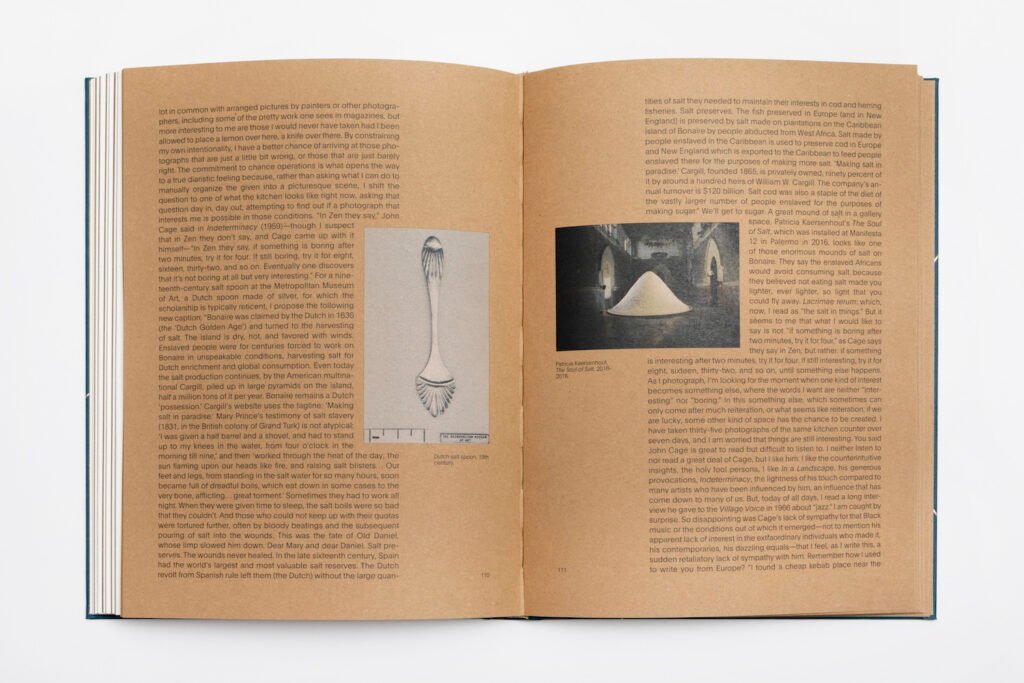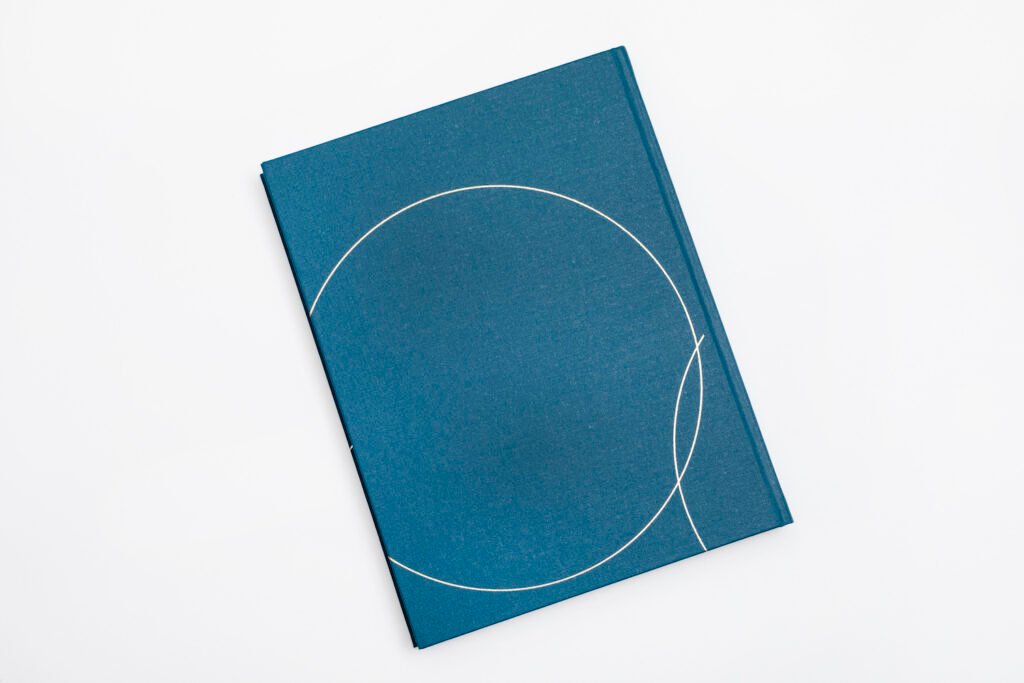Golden Apple of the Sun is a luminous project, a collection of images that oscillate between the narration of a playful everyday life and the traces of a poignant intimacy in which the shadow of time is perceived as a material through which to look at the world and the social confusion that overwhelms it.
Tense between everyday narrative and social narrative, Golden Apple of the Sun narrates and illustrates the thin space between public, social and private life. Made in the run-up to the American elections of 3 November 2020, Teju Cole began photographing his kitchen counter in Cambridge, Massachusetts. Embodying the long figurative tradition of still lifes, which has traversed the history of art from Caravaggio to Paul Cézanne and Morandi to the more recent photographic works of Laura Letinsky and Jan Groover, Teju Cole has created a photographic project in which the subjects, unlike their illustrious predecessors, are neither selected nor arranged, but rather found and captured by the photograph in their random arrangement.
A disorganisation of elements and forms from which a constellation of formal relationships comes to life, in which the sensitive and intelligent gaze moves around, finding the postures necessary for the realisation of a representation that eschews meaning to inhabit the sense.
Expressed with simplicity, the work of this author looks at the traces produced by everyday life, finding in this vital and spontaneous character the element necessary to produce a collection of images capable of portraying a sense of social, cultural and political disorientation and the way in which this falls on the intimacy of each of us.
A long, dense essay accompanies the images, revealing a growing concern for the state of things. A text that says and goes through everything: hunger, fasting, slavery, mourning, intimacy, painting, poetry and the history of photography – the limit of the photographic itself which can say up to a certain point.
The text and the photographic sequences are interspersed with an anonymous 18th century handwritten cookbook from Cambridge. The interference of this between the essay and the images organises a short-circuit between words and images through which we can intuit the possibility of a new way of seeing and knowing everyday places and events. A reorganisation of experience and narration that today more than ever seems to be necessary to emerge from what many perceive as a New Dark Age.
Teju Cole is a novelist, photographer, critic, curator, and the author of several books. He was the photography critic of the New York Times Magazine from 2015 until 2019. He is currently the Gore Vidal Professor of the Practice of Creative Writing at Harvard.
He has contributed to the New York Times, the New Yorker, Granta, Brick, and many other magazines. His photography column at the New York Times Magazine, “On Photography,” was a finalist for a 2016 National Magazine Award.
There have been solo exhibitions of his photography in Italy, Iceland, India, Italy, Germany, Switzerland and the US.
Teju Cole was born in the US in 1975 to Nigerian parents and was raised in Lagos. He currently lives in Cambridge, MA.

